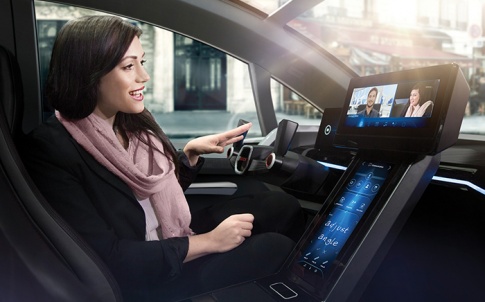Promoted content: Driverless cars and their wide impact on our future
Driverless cars are set to change our whole social structure and impact the future of many, or even all, aspects of engineering

Today’s cars negatively affect our climate, our time, our physical abilities, our finances and our living and working environments. Coupled with the safety aspect of driving, which relies on a person performing well, human error (including, but not limited to, boredom, limited reaction times, limited attention span, tiredness, mood) has amounted to the cause of 90% of road accidents.
The International Journal of Intelligent Unmanned Systems recently published a paper discussing the management of single and multilane roads with driverless cars. It argues, by using intelligent systems, such as radar, laser, GPS, odomotry and computer vision, that the 90% of road accidents mentioned above can be eliminated altogether. It also states that by embedding Spatial Grasp Language (SGL), the resulting infrastructure can mediate traffic increases by slowing down and ‘pre-empting’ traffic hotspots, as well as navigating past broken down vehicles safely, changing lanes and overtaking slower vehicles. All in a more efficient and safer way than a human driver ever would.
Register now to continue reading
Thanks for visiting The Engineer. You’ve now reached your monthly limit of news stories. Register for free to unlock unlimited access to all of our news coverage, as well as premium content including opinion, in-depth features and special reports.
Benefits of registering
-
In-depth insights and coverage of key emerging trends
-
Unrestricted access to special reports throughout the year
-
Daily technology news delivered straight to your inbox










UK car production falls in April
Might the ´combination of factors´ include, in the face of stagnant EV sales, manufacturers reducing ICE car production in order to avoid the £15,000...